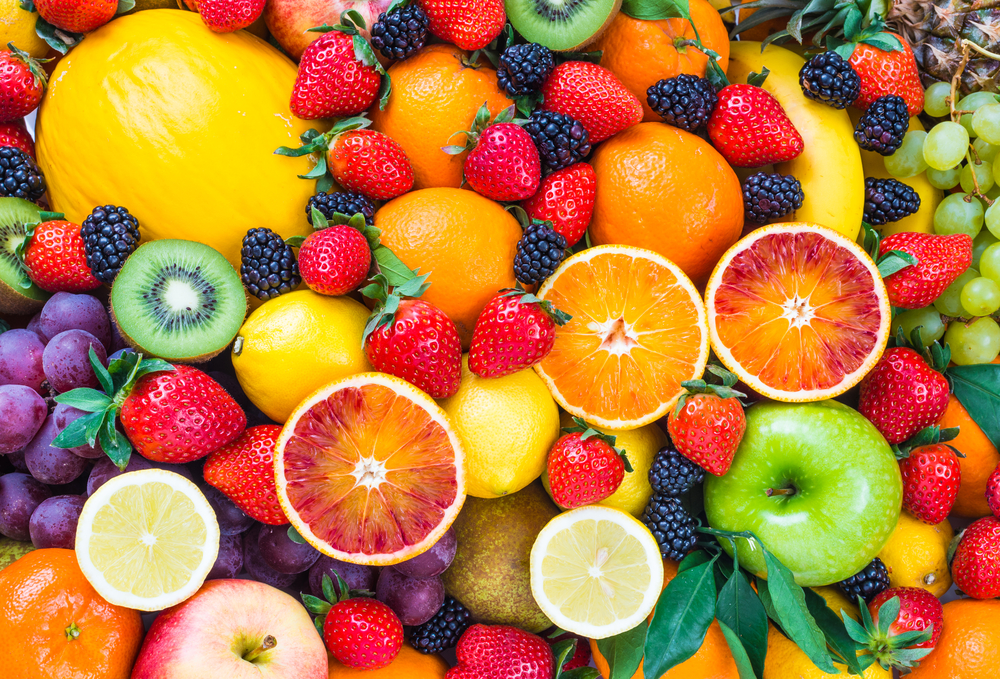Grocers to use blockchain to track food by 2020
Gartner estimates that some of the top global food retailers will be using the tech to create product visibility, quality and freshness


By the year 2025, some of the top global grocers will be using blockchain for food safety and traceability to create product visibility, quality and freshness.
That's according to Gartner, which estimates 20% of the top ten, by revenue, will employ the technology within the next six years. Annual grocery sales are on the rise worldwide, with an emphasis on fast, fresh prepared foods.
Additionally, customer understanding has increased for the source of the food, the provider's sustainability initiative and the overall freshness of the produce. Grocery retailers that can provide visibility and can certify their products meet certain standards often enjoy a loyal customer base.
"Blockchain can help deliver confidence to grocer's customers and build and retain trust and loyalty," said Joanne Joliet, senior research director at Gartner.
"Grocery retailers are trialling and looking to adopt blockchain technology to provide transparency for their products. Additionally, understanding and pinpointing the product source quickly may be used internally, for example, to identify products included in a recall."
According to Gartner, blockchain appears as an ideal technology to foster transparency and visibility along the food supply chain. Using its encryption capabilities on the food source, quality, transit temperature and freshness can ensure that the data is accurate and will give confidence to both consumers and retailers.
Some grocers, such as Walmart, have already been experimenting with blockchain and are developing best practices. The US food retailer now requires suppliers of leafy greens to implement a farm-to-store tracking system based on blockchain. Other grocers, such as Unilever and Nestl, are also using blockchain to trace food contamination.
Get the ITPro daily newsletter
Sign up today and you will receive a free copy of our Future Focus 2025 report - the leading guidance on AI, cybersecurity and other IT challenges as per 700+ senior executives
"As grocers are being held to higher standards of visibility and traceability they will lead the way with the development of blockchain, but we expect it will extend to all areas of retail," added Joliet.
"Similar to how the financial services industry has used blockchain, grocers will evolve best practices as they apply blockchain capabilities to their ecosystem. Grocers also have the opportunity to be part of the advancement of blockchain as they develop new use cases for important causes for health, safety and sustainability."
Blockchain, famously known as the technology that underpins Bitcoin, has had a number of interesting use cases, particularly with retail goods, such as jewellery.
Last year, IBM took its work on blockchain technology for enterprise use and worked to create a system that used the technology to track the origin and ownership of jewellery.
Dubbed TrustChain, IBM used the digital distributed ledger technology to create a robust system of record that the jewellery industry could use, running from precious metal suppliers through to jewellers.
Bobby Hellard is ITPro's Reviews Editor and has worked on CloudPro and ChannelPro since 2018. In his time at ITPro, Bobby has covered stories for all the major technology companies, such as Apple, Microsoft, Amazon and Facebook, and regularly attends industry-leading events such as AWS Re:Invent and Google Cloud Next.
Bobby mainly covers hardware reviews, but you will also recognize him as the face of many of our video reviews of laptops and smartphones.
-
 CISA issues warning in wake of Oracle cloud credentials leak
CISA issues warning in wake of Oracle cloud credentials leakNews The security agency has published guidance for enterprises at risk
By Ross Kelly
-
 Reports: White House mulling DeepSeek ban amid investigation
Reports: White House mulling DeepSeek ban amid investigationNews Nvidia is caught up in US-China AI battle, but Huang still visits DeepSeek in Beijing
By Nicole Kobie